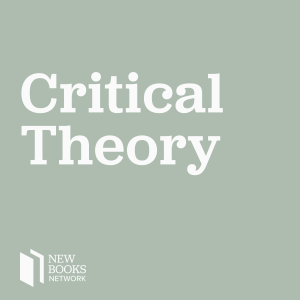
Kyle Stevens, "The Oxford Handbook of Film Theory" (Oxford UP, 2022)
 2022-10-25
2022-10-25
Download
Right click and do "save link as"
Despite changes in the media landscape, film remains a vital force in contemporary culture, as do our ideas of what "a movie" or "the cinematic" are. Indeed, we might say that the category of film now only exists in theory. Whereas film-theoretical discussion at the turn of the 21st century was preoccupied, understandably, by digital technology's permeation of virtually all aspects of the film object, this volume moves the conversation away from a focus on film's materiality towards timely questions concerning the ethics, politics, and even aesthetics of thinking about the medium of cinema. To put it another way, The Oxford Handbook of Film Theory (Oxford UP, 2022), edited by Kyle Stevens, narrows in on the subject of film, not with a nostalgic sensibility, but with the recognition that what constitutes a film is historically contingent, in dialogue with the vicissitudes of entertainment, art, and empire. The volume is divided into six sections: Meta-Theory; Film Theory's Project of Emancipation; Apparatus and Perception; Audiovisuality; How Close is Close Reading?; and The Turn to Experience.
Kyle Stevens is the author of Mike Nichols: Sex, Language, and the Reinvention of Psychological Realism. His work has appeared in Critical Inquiry, Cultural Critique, Journal of Cinema and Media Studies, Adaptation, Critical Quarterly, New Review of Film and Television Studies, World Picture, and several edited collections. He is Associate Professor of Film Studies at Appalachian State University.
Joel Tscherne is an Adjunct History Professor at Southern New Hampshire University. His Twitter handle is @JoelTscherne.
Learn more about your ad choices. Visit megaphone.fm/adchoices
Support our show by becoming a premium member! https://newbooksnetwork.supportingcast.fm/critical-theory
view more
More Episodes
012345678910111213141516171819
Create your
podcast in
minutes
- Full-featured podcast site
- Unlimited storage and bandwidth
- Comprehensive podcast stats
- Distribute to Apple Podcasts, Spotify, and more
- Make money with your podcast
It is Free
- Privacy Policy
- Cookie Policy
- Terms of Use
- Consent Preferences
- Copyright © 2015-2024 Podbean.com





